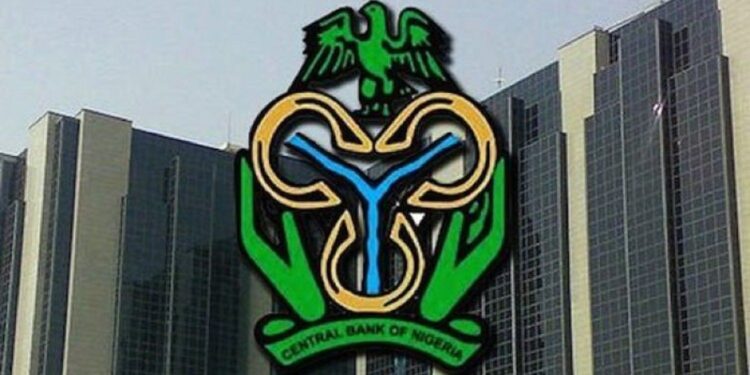In a move adding to economic uncertainty, Nigeria’s central bank has postponed a scheduled meeting of its monetary policy committee (MPC) for the second time since the nomination of Governor Olayemi Cardoso in September.
Originally set for Monday and Tuesday, the meeting’s postponement was confirmed by Isa Abdulmumin, the central bank’s spokesperson, who stated, “The MPC is not holding” a meeting this week. No specific date for the rescheduled meeting was provided.
Investors, already navigating challenges in Nigeria’s economic landscape, had been looking to the MPC meeting for crucial signals on the central bank’s strategy to tackle accelerating inflation, which has reached its fastest pace in almost two decades. Additionally, expectations were high for updates on the overhaul of the nation’s foreign-exchange controls initiated by President Bola Tinubu in June.
The decision to postpone the meeting has left analysts and market participants in suspense, as the central bank plays a pivotal role in shaping monetary policy and steering the country’s economic direction.
Amidst rising inflation concerns, a Bloomberg survey of 12 economists had anticipated a potential increase in the central bank’s benchmark interest rate by as much as 325 basis points from the current 18.75%. This potential rate hike was seen as a measure to rein in inflation and stabilize the economy.
The postponement of the MPC meeting raises questions about the central bank’s strategy and the potential impact on the nation’s monetary policy. Investors, already grappling with economic challenges, are now left in a state of uncertainty as they await clarity on inflation-fighting measures and updates on foreign-exchange controls.
Nigeria’s economic stakeholders are closely monitoring developments as they navigate an environment marked by inflationary pressures and the need for decisive policy responses. The rescheduled MPC meeting, once announced, is expected to provide critical insights into the central bank’s plans and its commitment to maintaining economic stability.










